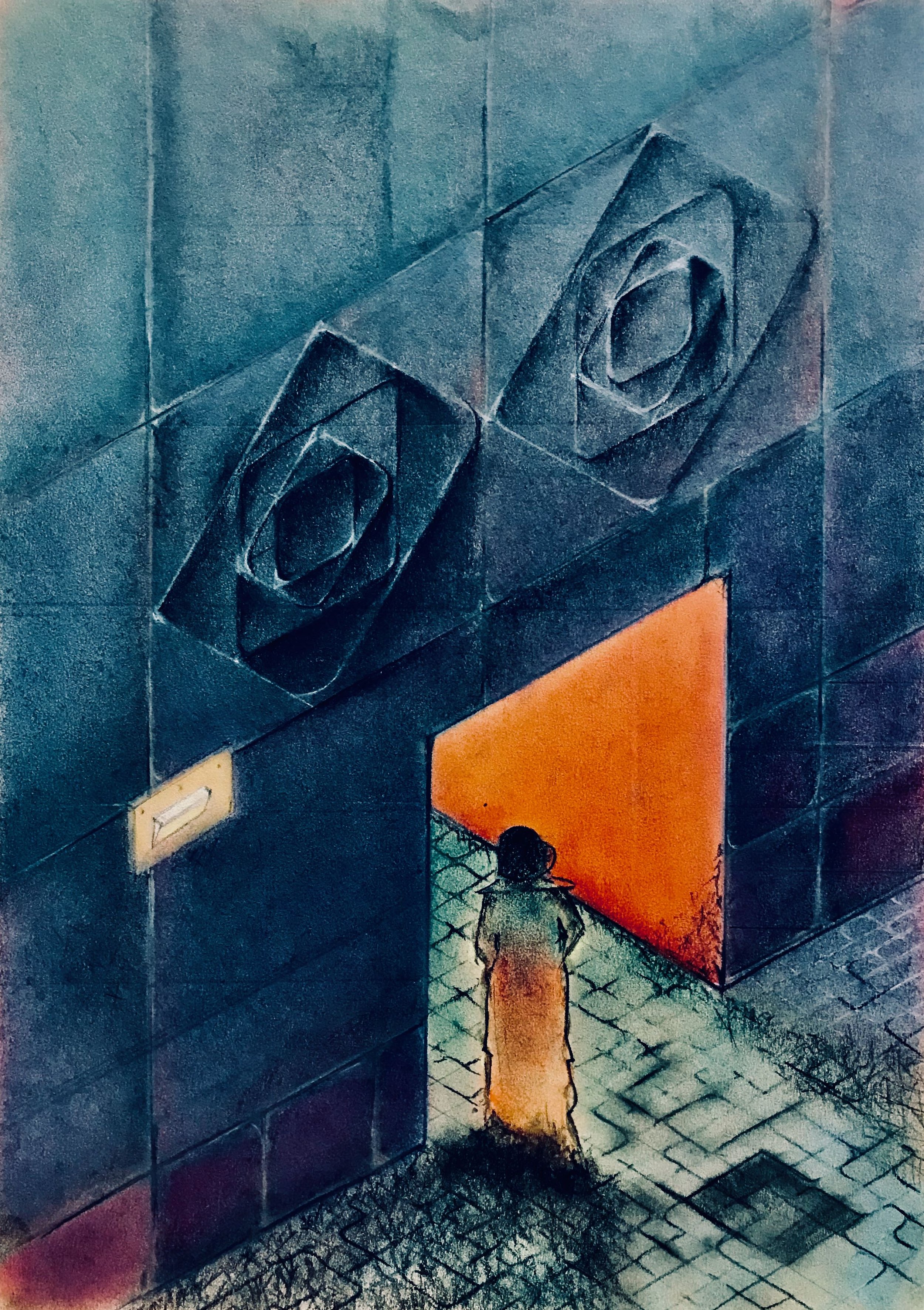Developing ourselves
Sonnets to Orpheus IV
You have been chosen, you are sound and whole, you are like the very first beat of the heart, you are the bow that shoots the arrows, and also their target…in tears your smile would glow forever.
Do not be afraid to suffer, give the heaviness back to the weight of the earth; mountains are heavy, seas are heavy.
Even those trees you planted as children became too heavy long ago - you couldn't carry them now.
But you can carry the winds...and the open spaces...
Rainer Maria Rilke
Developing New Skills unfolds from our everyday initiatives to experiment toward the kind of leader we want to be, reflecting on those experiences and fine-tuning the changes.
“Research shows the habit of reflection can separate extraordinary professionals from mediocre ones. However, deciding which experiences are most significant for one’s development isn’t clear. When 442 executives were asked to reflect on which experiences most advanced their professional development and had the most impact on making them better leaders, three distinct themes arose through their analysis: surprise, frustration, and failure. Reflections that involved one or more or of these sentiments proved to be the most valuable in helping the leaders grow.”
Our developmental motivation provides us with the capacity for Developing New Skills.
The agility with which leaders can carry out the tasks of developing new skills depends on their developmental motivation. And this capacity comes from the willingness to experiment with being psychologically present and handling greater uncertainty and doubts - also called negative capability. As leaders develop, their motivation evolves from professional self-esteem, leadership ideals (im- ages of the leader one wants to be) and the emotional tone used to assess progress, to wanting to grow as a person, find greater personal meaning in work and in all aspects of life and to lead in ways that serves others.
Awareness of the level of integration of the emotional, intellectual and physical aspects of the self in roles, aids in deepening our developmental motivation.
Managers’ rigidities and vulnerabilities affect those around them and their organisations as a whole. Experimenting with new behaviours thus entails, first, being psychologically present - which is the simultaneous experience of feeling fully there and fully vulnerable during role performances. In a way such that behaviour becomes oriented towards actual others and the task at hand, rather than towards the pulls of internalised others, and of the past. Managing anxiety in a non-defensive way and integrating the emotional, intellectual, and physical aspects of their selves is a key ingredient to being present. This lets others personally engage at work and enhances organisational effectiveness. It also makes it possible for different voices to be heard and contribute to an adaptive debate about the organisation’s identity and future.
Working with the tensions between psychologically present and handling uncertainty, enables us to sustain reflective inaction alongside decisive action.
Experimenting with new behaviours also entails negative capability - the state in which one is capable of being in uncertainties, mysteries, doubts, without any irritable reaching after fact and reason. It complements presence by allowing one to focus on the ability to stand still and create space to interrogate emotions as potential sources of insight, rather than treat them as disturbances. These two together sustain reflective inaction alongside decisive action and have the result of countering the pull to become out of touch with reality.
